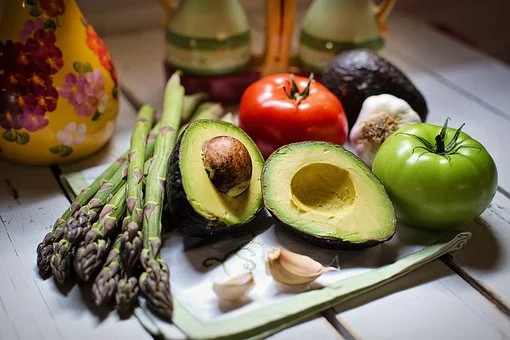Photo : The Benefits of a Vegan Lifestyle
The vegan lifestyle becomes more and more popular. Why should you do it?
The documentary The Game Changers shows it all: the benefits of a vegan lifestyle. No more meat, no more milk, no more cheese. No animal products at all. Eat a lot of vegetables and beans and you will have more energy.
It is a healthy lifestyle
More people step into this lifestyle. Not only to lose weight. Studies have reported that vegan diets tend to provide more fiber, antioxidants and beneficial plant compounds. They also appear to be richer in potassium, magnesium, folate and vitamins A, C and E. It is a reason why many people who visit the gym regularly don't bring any nutrition bar, or something like it with them in their Eastpak rugzak. They don't need it.
It also seems to lower blood sugar levels and protects against some forms of cancer. Also the risks of a heart disease lowers. All this healthy benefits go together with more energy during the day. It makes people enjoying life, they are more energetic. For example: man do more sports, woman go out on active vacations with a weekendtas dames. Children play more outside after they put their school bag (translated to Dutch: schooltas) away. It really seems to be a healthy lifestyle.
Good for the environment
From recycling our household rubbish to cycling to work, we're all aware of ways to live a greener life. The production of meat and other animal products places a heavy burden on the environment. From crops and water required to feed the animals, to the transport and other processes involved from farm to fork. One of the most effective things an individual can do to lower their carbon footprint is to avoid all animal products.
Sustainable living
Just like veganism is the sustainable option when it comes to looking after our planet, plant-based living is also a more sustainable way of feeding the human family. A plant-based diet requires only one third of the land needed to support a meat and dairy diet.
* This is a contributed article and this content does not necessarily represent the views of universityherald.com









